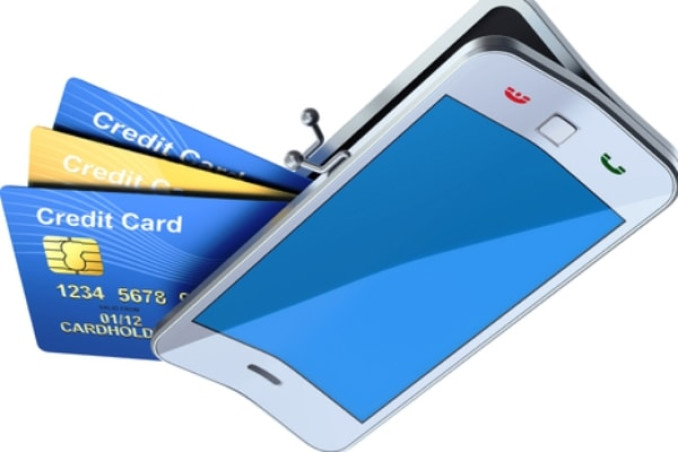Africa still has much to do to boost financial inclusion, report finds

DEC 31,2013.
BUSINESSDAY LIVE.
AFRICA may be the second fastest-growing region, after Asia, but it lags the world in financial inclusion, according to a report from the African Development Bank.
Less than one adult in four in Africa has access to an account at a formal financial institution, while the continent has recorded annual gross domestic product growth rates of more than 5% over the past decade.
Broadening access to financial services will help to mobilise greater household savings, expand the number of entrepreneurs and create more capital for investment.
The report, Financial Inclusion in Africa, released this month, finds that technological advances such as mobile money innovations have started to make inroads into banking the unbanked.
Mobile money, via cellphones, has been the most successful innovation in Africa, with 14% of adults reporting they have used it in the past 12 months.
In comparison, less than 6% of adults in all other regions globally used mobile money in the past year.
The African Development Bank predicts technology could be a "game changer" in drawing the financially excluded into the formal banking world.
In sub-Saharan Africa, 16% of adults said they had used a cellphone in the past 12 months to pay bills, or send or receive money.
In Kenya, 68% of adults reported having used mobile money. The country’s M-Pesa service, launched in 2007 by telecommunications company Safaricom, transformed the banking world as it did not have a bank licence and users did not need to have bank accounts.
About 43% of adults in Kenya who reported having used mobile money in the past 12 months, did not have a formal account.
The 2012 Global Findex database, covering 148 economies that include 42 from Africa, found that less than a quarter of adults in Africa banked with a formal financial institution, but many people used informal methods to save, such as burial societies, and borrowed from family, friends and informal private lenders.
Companies in Africa tend to lack access to bank credit, and this particularly affects small and medium-sized enterprises (SMEs). Other sources of financing, such as equity markets, are underdeveloped.
The African Development Bank report estimates a credit gap of about $100bn for businesses, of which SMEs in sub-Saharan Africa make up a credit shortfall of $70bn-$90bn.
Roughly 23% of adults in Africa overall have an account at a formal financial institution, compared with 42% in Southern Africa.
In contrast, 95% of adults surveyed in the Democratic Republic of Congo and the Central African Republic did not have an account at a formal financial institution.
Across the continent, of those without a bank account, 80% said they did not have the revenue to use one. A quarter of respondents said cost, distance and lack of documents prevented them from having an account.
In Uganda, for example, maintaining a cheque account costs the equivalent of a quarter of GDP per capita a year.
Financial inclusion goes beyond providing credit to those people previously excluded. It refers to all initiatives that make formal financial services accessible and affordable to the entire population, according to the African Development Bank.
Financial inclusion should encompass "how frequently clients use products, if the products are effectively meeting their needs, and if they are better off as a result", the bank said.
 Africas leading resource for digital financial services
Africas leading resource for digital financial services


comments